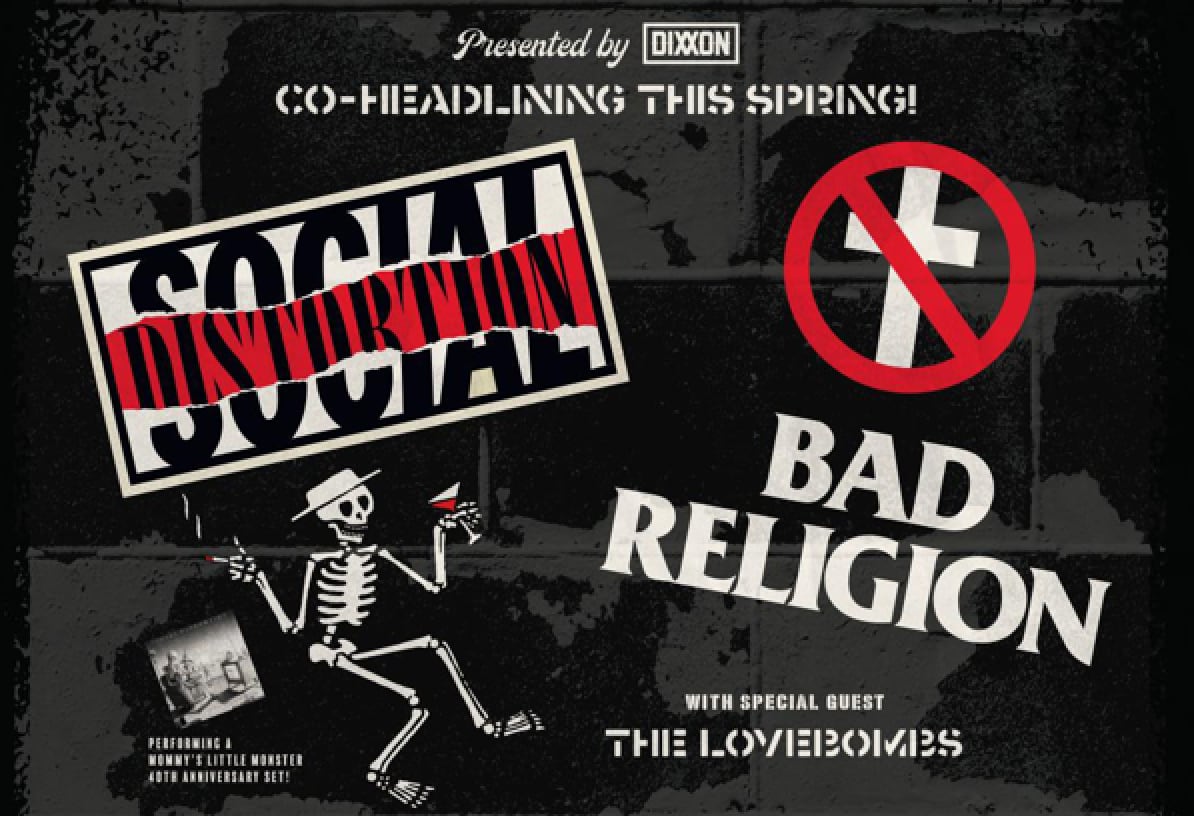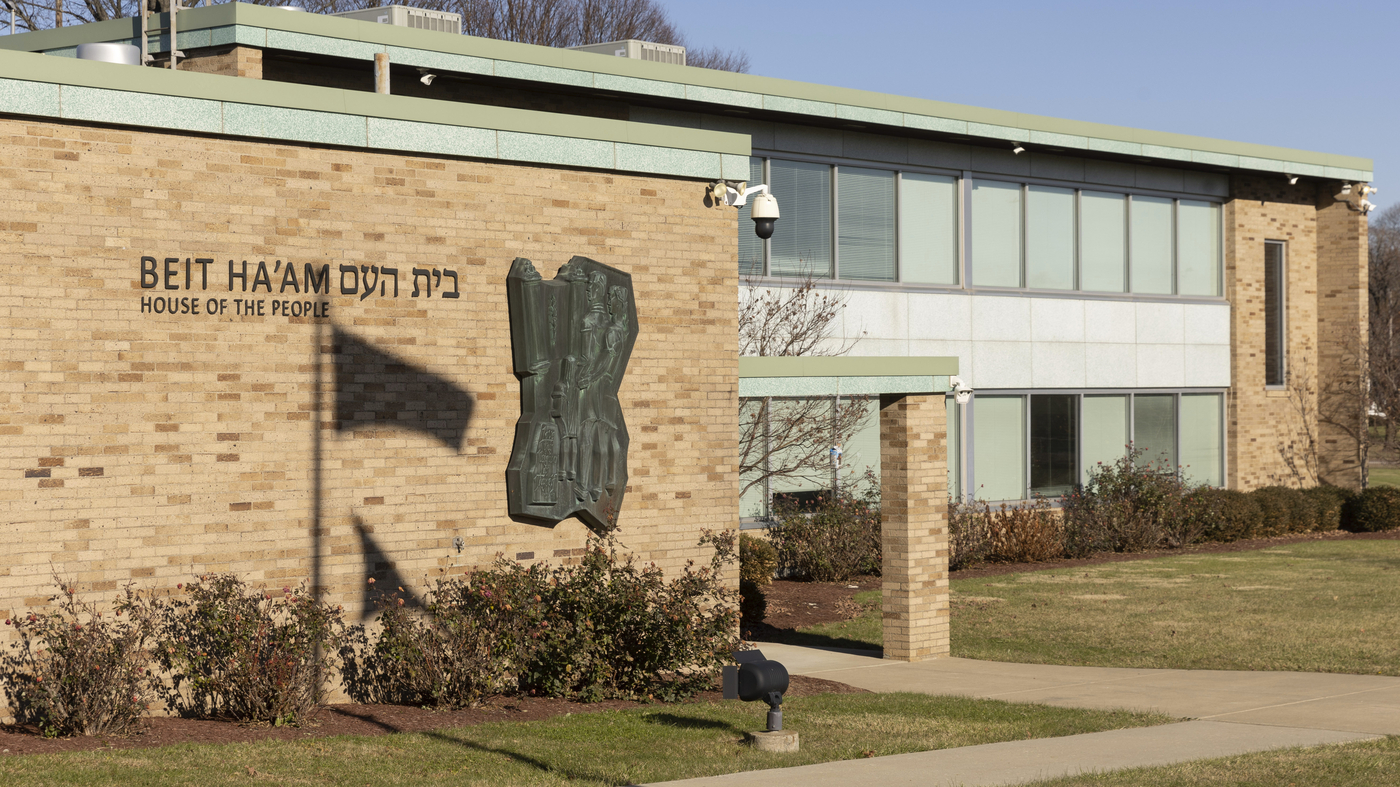Washington Monthly Founder Charles Peters Passes Away at 96

- Charles Peters, the founding editor of The Washington Monthly and the “godfather of neoliberalism,” passed away at his home in Washington at 96. Peters served as the editor of the magazine from 1969 until his retirement in 2001 during which he wrote five books on politics, government, and history along with a column named “Tilting at Windmills” from 1977 to 2014.
- Peters was known for challenging both liberal and conservative beliefs. His “neoliberalism” encouraged liberals and conservatives to step back and reassess their central beliefs. Peters defined the broad philosophy of the neoliberalism movement in “A Neoliberal’s Manifesto” which first appeared in The Washington Post in 1982.
- Although operating on a small budget and with a limited number of subscribers, The Washington Monthly made notable contributions to journalism under Peters’ leadership. It had a reputation for investigative journalism and launched the careers of dozens of young reporters and editors who took low wages to learn serious advocacy journalism. Several alumni went on to become well-known authors and journalists.
Charles Peters, Washington Monthly’s Founding Editor, Dies at 96
Charles Peters, founder of The Washington Monthly, an influential political journal, passed away in Washington last week. His death, confirmed by The Washington Monthly, was due to declining health linked to congestive heart failure. Peters, also known as the “godfather of neoliberalism”, served as The Monthly’s editor from 1969 to 2001, penning numerous political columns and books.
Peters’ Influence on Neoliberalism
In his “A Neoliberal’s Manifesto” published in The Washington Post in 1982, Peters outlined the principles of neoliberalism. He later amplified this message in a New York Times interview in 1984. According to The Columbia Journalism Review, Peters and his magazine played a significant role in the Democratic Party’s shift toward the center.
Peters’ Career and Influence
Peters, a West Virginia Democrat and former state legislator, shaped his ideals during John F. Kennedy’s 1960 presidential campaign and his stint as an executive in the Peace Corps. When he founded The Washington Monthly, he aimed to critically examine the workings of Washington and the prevalent politics and government systems. His critical approach extended to every aspect of government, leading to a unique perspective that was highly regarded in political circles.
Legacy of Peters
Despite operating on tight budgets and limited subscribers, The Washington Monthly made significant journalistic contributions. Peters, known as a stern mentor, fostered the careers of many young journalists who later made their mark in different areas of the media world. Notable alumni included James Fallows, Nicholas Lemann, Jonathan Alter, Suzannah Lessard, Taylor Branch, David Ignatius, James Bennet, and Katherine Boo.
Life and Achievements
Born in Charleston, W.Va., in 1926, Peters had a prosperous academic career before venturing into politics. After earning his law degree from the University of Virginia in 1957, he married Elizabeth Hubbell and they had a son, Christian Avery. He became a part of the Kennedy administration in 1961 as an evaluator for the Peace Corps. He quit in 1967 due to his discontent with America’s involvement in the Vietnam War.
Peters’ Autobiography and Last Book
In his 1988 autobiography, “Tilting at Windmills”, Peters wrote that his decision to publish The Washington Monthly was inspired by Henry R. Luce, the conservative publisher of Time magazine. His last book, “We Do Our Part: Toward a Fairer and More Equal America” (2017), encouraged Americans to uphold values of the Roosevelt era and move away from a culture of excessive self-promotion.
—
Read More USA News



Leave a Comment